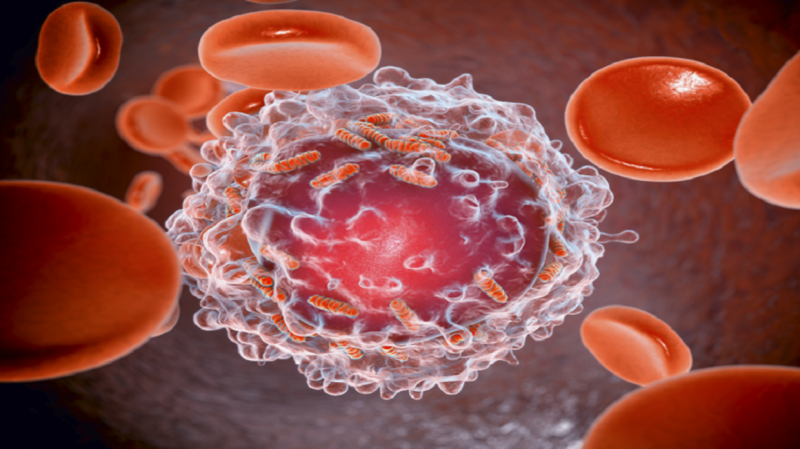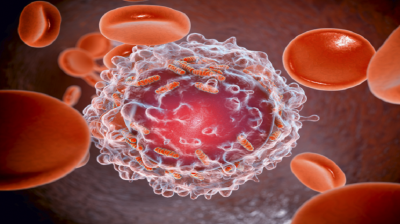A new study concluded that about 40% of all cancer cases among adults in the United States and nearly half of cancer-related deaths can be avoided through a range of lifestyle changes. The study, published by the American Cancer Society, examined 30 types of cancer and 18 risk factors associated with cancer, including smoking and body weight. Overall, smoking was identified as the main risk factor for cancer, contributing to nearly 20% of all cases and 30% of all cancer deaths.
The study looked at data from 2019 and found that lifestyle factors were linked to over 700,000 new cancer cases and more than 262,000 deaths among adults aged 30 and over. In 2021, nearly 1.8 million new cancer cases were reported in the United States, according to ABC News. The study identified seven major factors that increase the risk of cancer as follows:
**1. Smoking:**
The study found that the risk of cancer increases for both current and former smokers as well as individuals exposed to secondhand smoke. Smoking is associated with about ten types of cancer, including lung and mouth cancers, as well as blood, cervical, bladder, pancreatic, stomach, liver, and kidney cancers, according to the Centers for Disease Control and Prevention (CDC). It indicates that quitting smoking can reduce the likelihood of developing oral, throat, lung, or laryngeal cancers by half. Within 20 years of quitting smoking, the risk of developing oral, throat, laryngeal, or pancreatic cancer decreases to levels comparable to those of non-smokers.
**2. Weight:**
Being overweight increases the risk of 13 types of cancer, accounting for 40% of all cancer types diagnosed annually in the United States. Weight loss strategies can be effective, particularly regular walking and exercise.
**3. Alcohol:**
Recent research confirms that excessive alcohol consumption raises the risk of developing various types of cancer. For women, moderate alcohol consumption is defined as seven or fewer servings of alcohol per week. For men, the limit is 14 servings of alcohol or fewer per week, according to the CDC.
**4. Diet:**
According to the recent study, the risk of cancer increases if an individual consumes red and processed meats and does not consume enough fruits, vegetables, dietary fiber, and calcium. The dietary guidelines from the U.S. Department of Agriculture emphasize the importance of focusing on a variety of protein foods, including lean meats, poultry, eggs, seafood, beans, and peas. The guidelines also stress the need to consume fruits, vegetables, and grains while limiting added sugars, sodium, saturated fats, and cholesterol in foods.
**5. Exercise:**
The study indicates that a lack of physical activity can increase the risk of cancer. For adults, physical activity guidelines recommend at least 150 to 300 minutes of moderate-intensity activity each week. Adults should also engage in muscle-strengthening activities on two or more days per week, according to the guidelines.
**6. Cancer Screenings:**
Following routine medical appointments and undergoing regular cancer screenings are important factors in reducing cancer risk. For women, specialists recommend biennial breast cancer screenings for those at average risk starting at age 40. Health experts also advise adults to undergo colorectal cancer screenings between the ages of 45 and 75. For skin cancer, individuals should continuously check for unusual spots or marks and have an annual examination by a dermatologist.
**7. Sun Exposure:**
Research shows that regular use of sunscreen can help reduce the risk of skin cancer by nearly 70%. The American Academy of Dermatology recommends that individuals apply sunscreen approximately every two hours when outdoors and after swimming or sweating.




